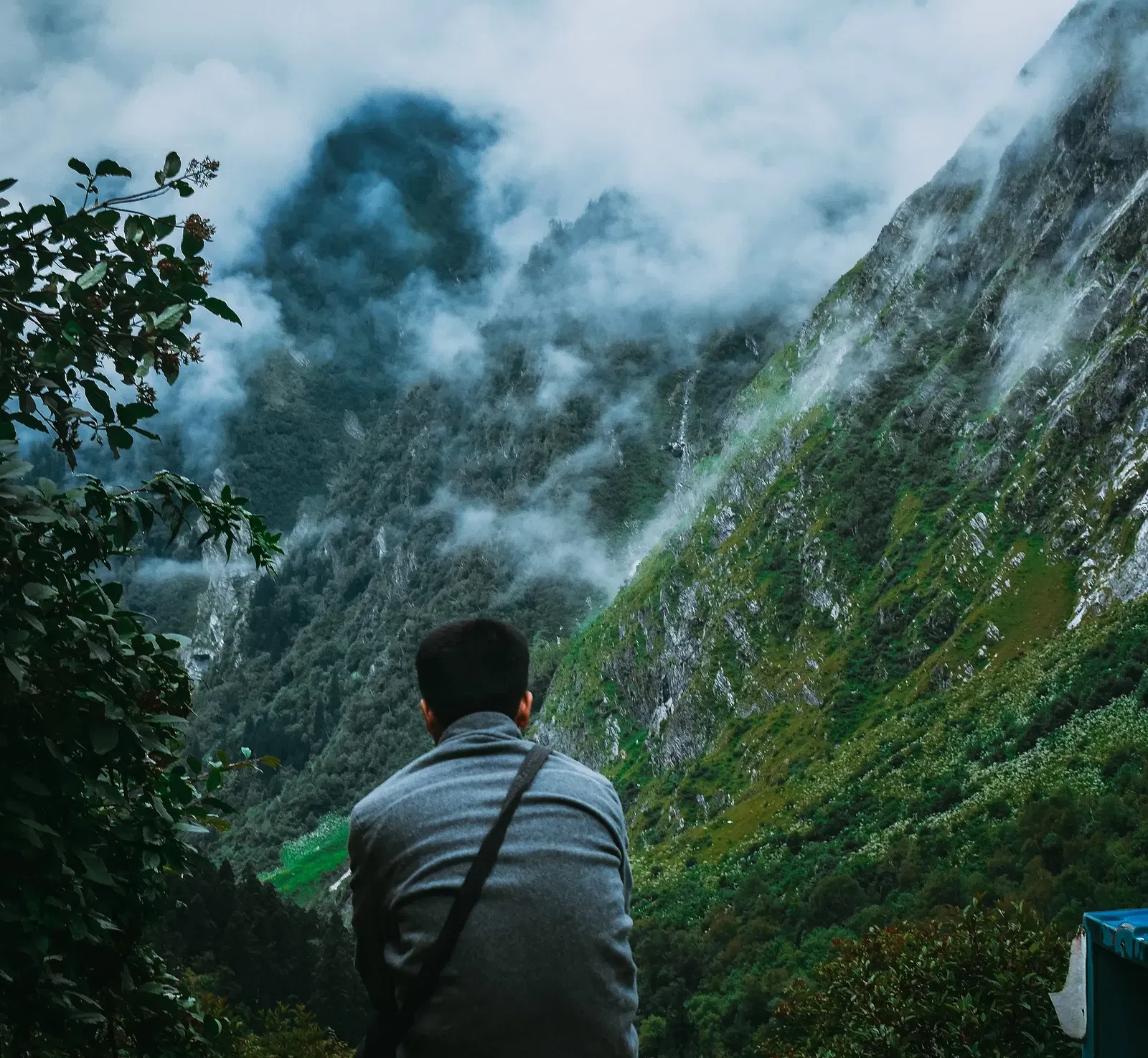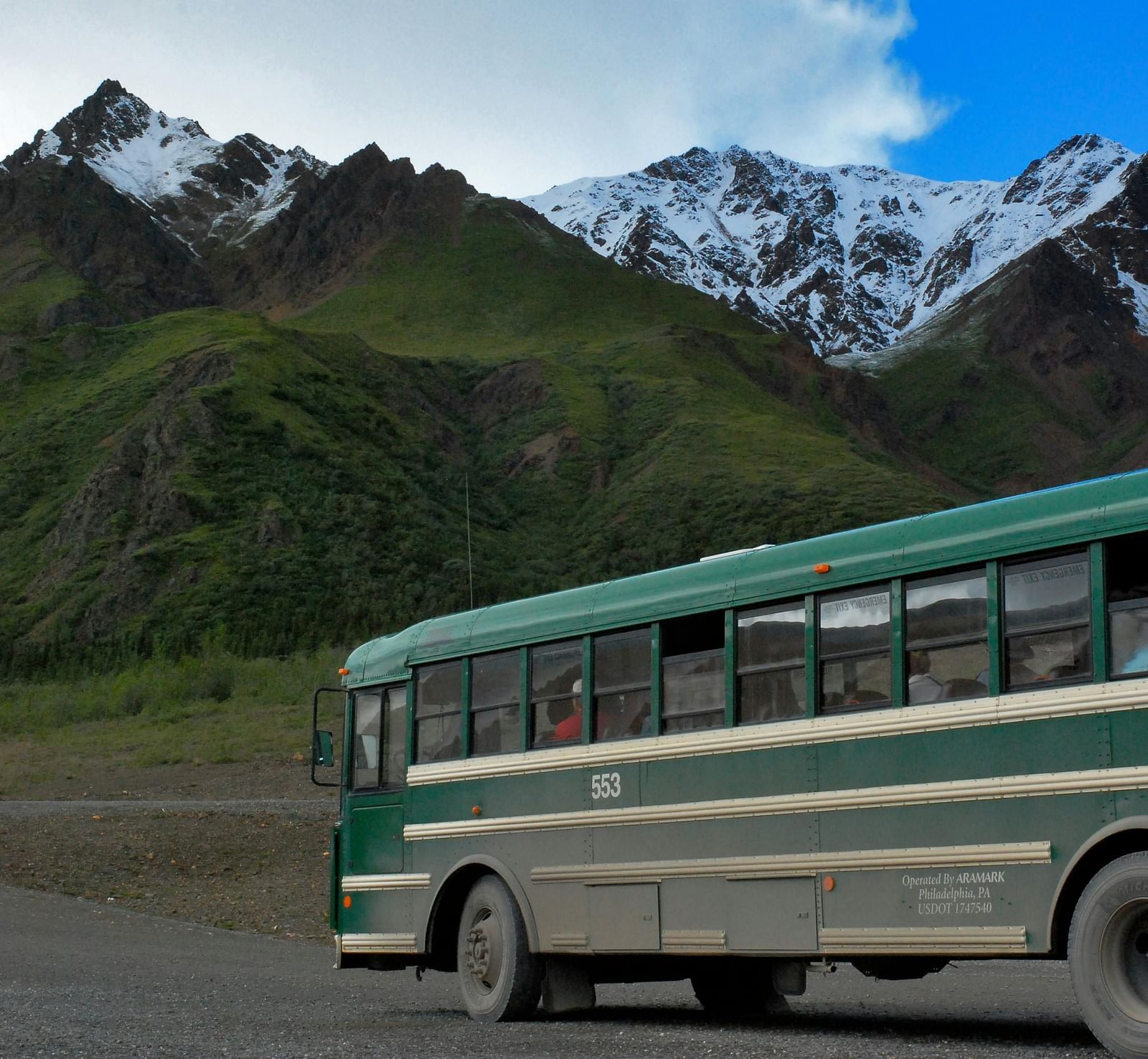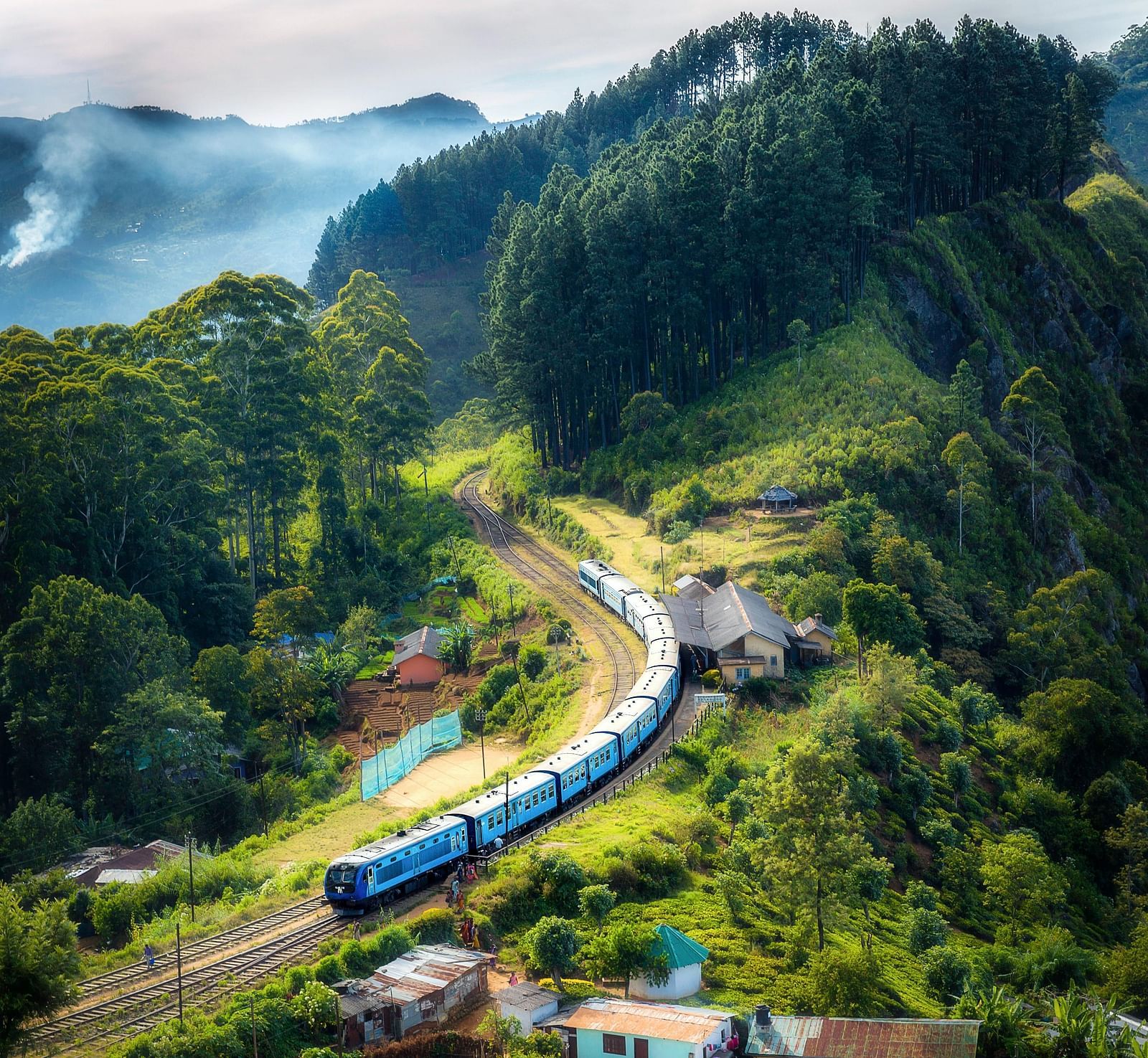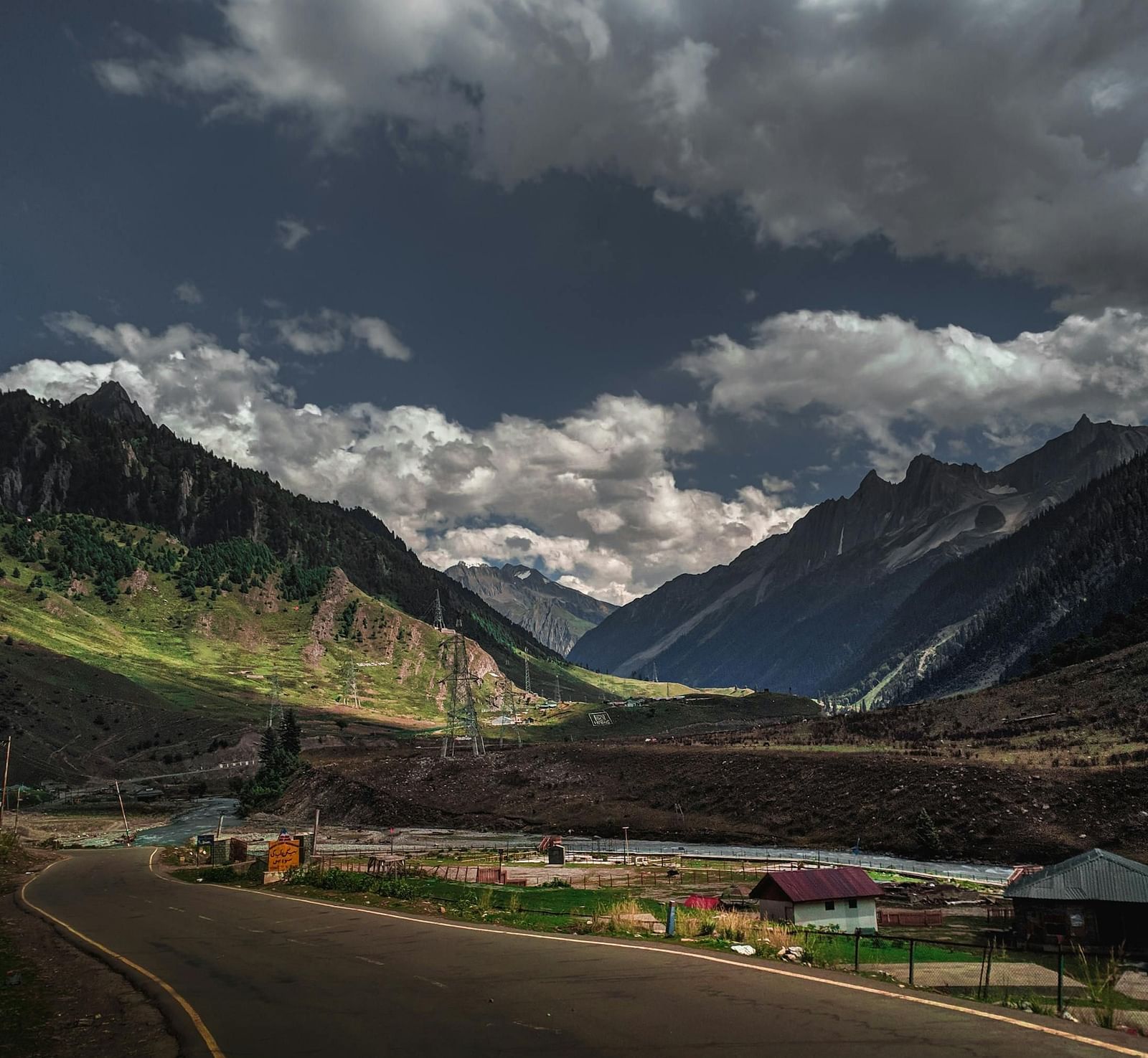- Auli Hill Station
- Raghunath Temple Devprayag
- Rishikesh to Devprayag
- Tapovan Hot Springs
- Devprayag Tourist Places You Shouldn’t Miss on Your Uttarakhand Trip
- Travel from Delhi to Joshimath
- Joshimath's Spiritual Heritage
- How to Reach Joshimath
- Joshimath to Valley of Flowers
- Joshimath to Hemkund Sahib
- A Guide on How to Reach Joshimath
- Travelling to Badrinath from Joshimath
- Narsingh Temple Joshimath: A Sacred Haven of Lord Narsimha
- Skiing in Auli
- Places to Visit in Joshimath
- Joshimath Trekking Destinations
- Adventure Camping in Joshimath
A Guide for those Travelling from Delhi to Joshimath
Joshimath, a Himalayan retreat of sacred peaks and adventure trails tucked away in the Garhwal Himalayas, is a tranquil town that serves as the base for exploring some of Uttarakhand's most iconic destinations. Whether you’re a spiritual seeker headed to Badrinath, a nature lover planning to trek through the valley of flowers, or a winter sports enthusiast eyeing the slopes of Auli, Joshimath opens the gateway to a range of unique experiences. The town also holds deep spiritual and cultural significance. It is home to the ancient Shri Shankaracharya Math, one of the four sacred monasteries established by Adi Shankaracharya, the sacred shrine of Badrinath, and the revered Narsingh Temple, all echoing with centuries of devotion and faith. For travellers setting out from Delhi, this guide helps you find the most suitable route based on your preferred mode of travel, making your journey smooth and one to remember for years to come.
Scenic Road Routes from Delhi to Joshimath
The most popular and commonly used road route is via Delhi, Meerut, Haridwar, Rishikesh, Devprayag, Srinagar, Rudraprayag and Karnaprayag before reaching Joshimath. This route not only offers better road conditions but also passes through some of Uttarakhand's key towns, allowing travellers to enjoy the changing landscapes along the way. This route would take up nearly 13 hours spanning around 521 km on the road without halts, connecting the NE3 to NH 334, leading to NH 34 and ending up on NH 7. An alternative and more scenic, though slightly longer, route takes you through Hapur, Moradabad, Kashipur, Ramnagar, Ranikhet, Kausani, and Gwaldam, eventually reconnecting at Karnaprayag. While this second option offers picturesque views and a more offbeat experience, it takes about 16 hours on the road to cover 613 km without breaks and is better suited for those who enjoy slow travel. This route starts off on NH 44, connecting to NH 09, NH 734, NH 309, and NH 109 before finally leading up to NH 7. Whichever road you choose, travelling from Delhi to Joshimath by road is an experience in itself, showcasing the rustic charm of the Himalayan region.


Bus Travel: An Accessible & Adventurous Option
If you’re planning to go from Delhi to Joshimath by bus, it’s important to know there are no direct luxury or Volvo services that connect the two locations. The journey typically begins with a bus from ISBT Kashmere Gate in Delhi to either Rishikesh or Haridwar. These buses are available both during the day and at night, giving travellers flexibility with their timing. Once you arrive in Rishikesh, the next leg of the journey to Joshimath is usually completed via a state-run GMOU bus or a shared taxi. These transport services leave early in the morning, generally between 4:30 AM and 6:00 AM. The total travel time by bus, including transfers, can be around 14 to 16 hours. Although the journey requires a change, the route remains scenic and engaging, providing glimpses of rivers, forests, and small mountain towns along the way.
Railway Options that Connect You to Joshimath
While there are no direct trains available from Delhi to Joshimath, the nearest railway stations are located in Haridwar and Rishikesh. From New Delhi Railway Station or Hazrat Nizamuddin, you can take a number of reliable trains to these stations. The Shatabdi Express departs from New Delhi at 6:45 AM and reaches Haridwar by 11:35 AM, while the Bandra Terminus - Haridwar Express is an overnight option that leaves Delhi at 2:50 AM and arrives in Haridwar at 7:45 AM. Another good choice is the Utkal Express, departing at 1:20 PM and reaching Rishikesh by 9:50 PM. Once in Haridwar or Rishikesh, travellers can hire taxis or board a GMOU bus to complete the journey to Joshimath, which will take around 8 hours. Though you can’t travel the entire distance by train, this option provides a smooth and restful start to your Himalayan adventure.


Helpful Tips for a Safe and Comfortable Journey
Planning a trip from Delhi to Joshimath requires some foresight, especially if you're travelling by road. It's a good idea to start your journey early from Delhi or plan a night’s stay in Rishikesh before heading into the hills. The mountain roads can be narrow and winding, so cautious driving is essential. The best times to travel are between April and June or from September to November, when the weather is clear and pleasant. Monsoon months should be avoided due to the risk of landslides. Always carry travel essentials such as snacks, water, necessary medications, and an offline map in case mobile signals drop. It’s also important to check the current road and weather conditions, especially during the monsoon and winter seasons, to avoid unexpected delays.
After a long journey, having the right place to stay can make all the difference. When choosing accommodation in Joshimath, look for places that offer scenic mountain views, access to local cuisine, and services such as an in-house travel desk to assist with treks and sightseeing. Properties that provide amenities like bonfire evenings, free Wi-Fi, and warm, cosy interiors are especially welcome during the colder seasons. Comfortable stays with these features can turn a simple trip into a memorable retreat.
The Tattva in Joshimath offers a beautiful base to explore the region. With its breathtaking views of the surrounding mountains, homely accommodation, modern facilities, and delicious local food, it combines the best elements of Himalayan hospitality. Whether you're planning a visit to Auli’s snowy slopes, Badrinath’s sacred temples, or the flowering trails of the Valley of Flowers, The Tattva provides convenient access and a peaceful stay.